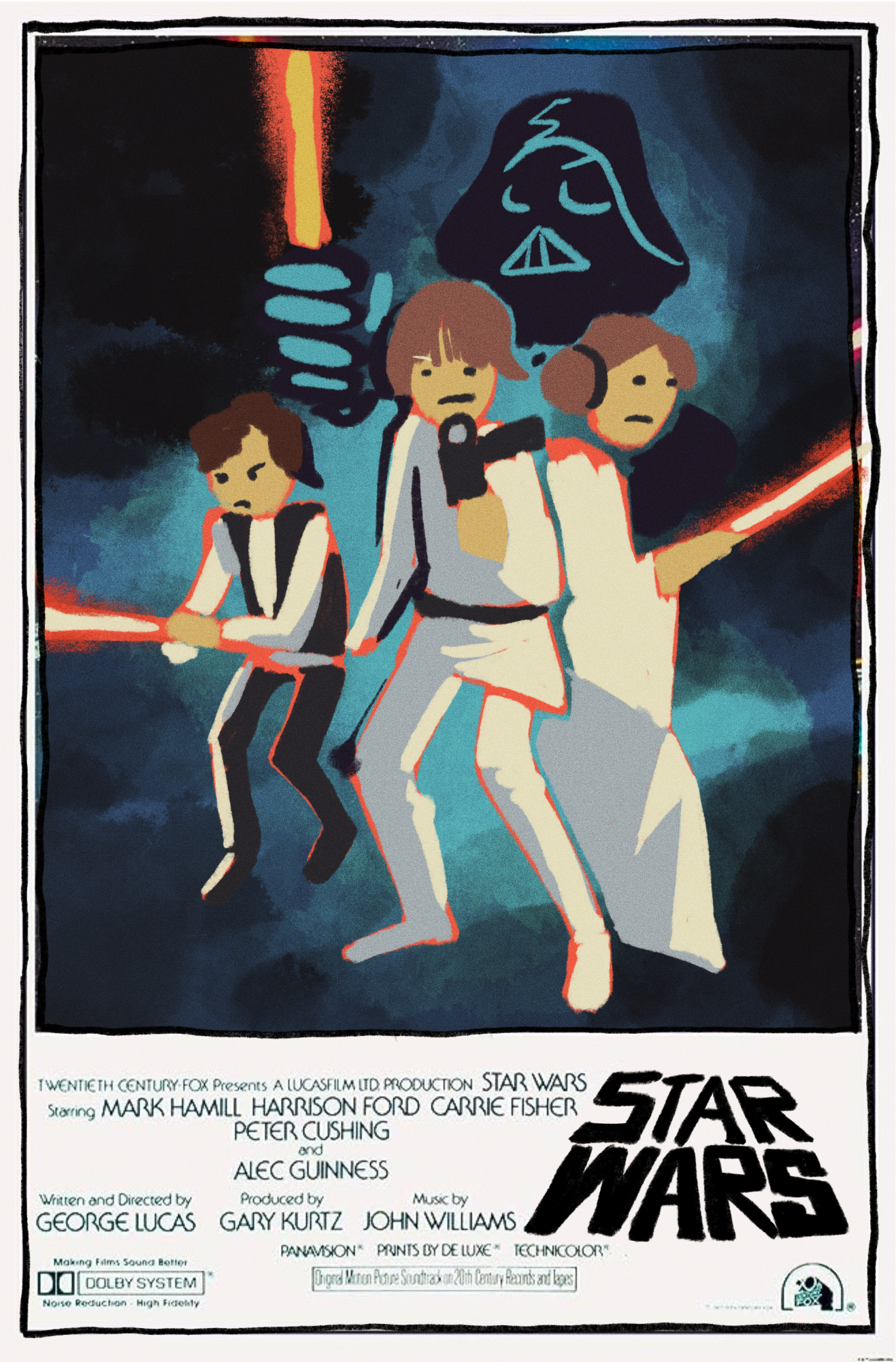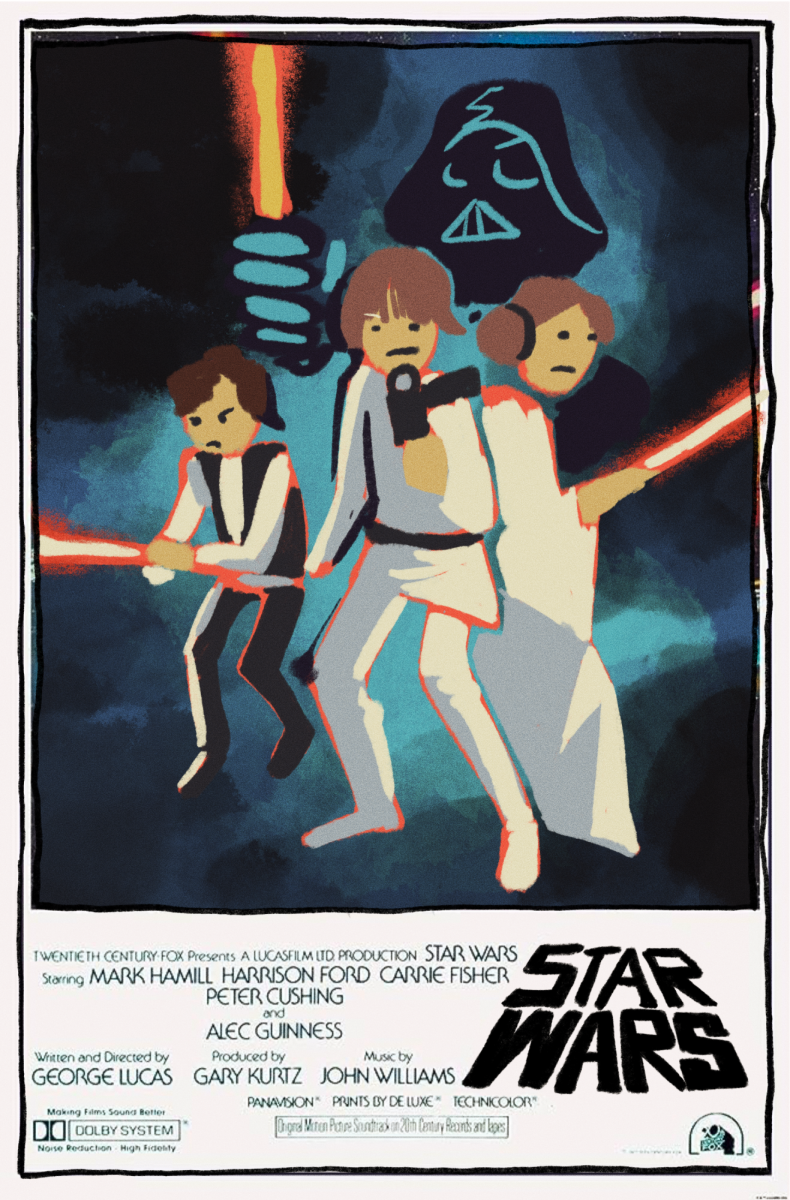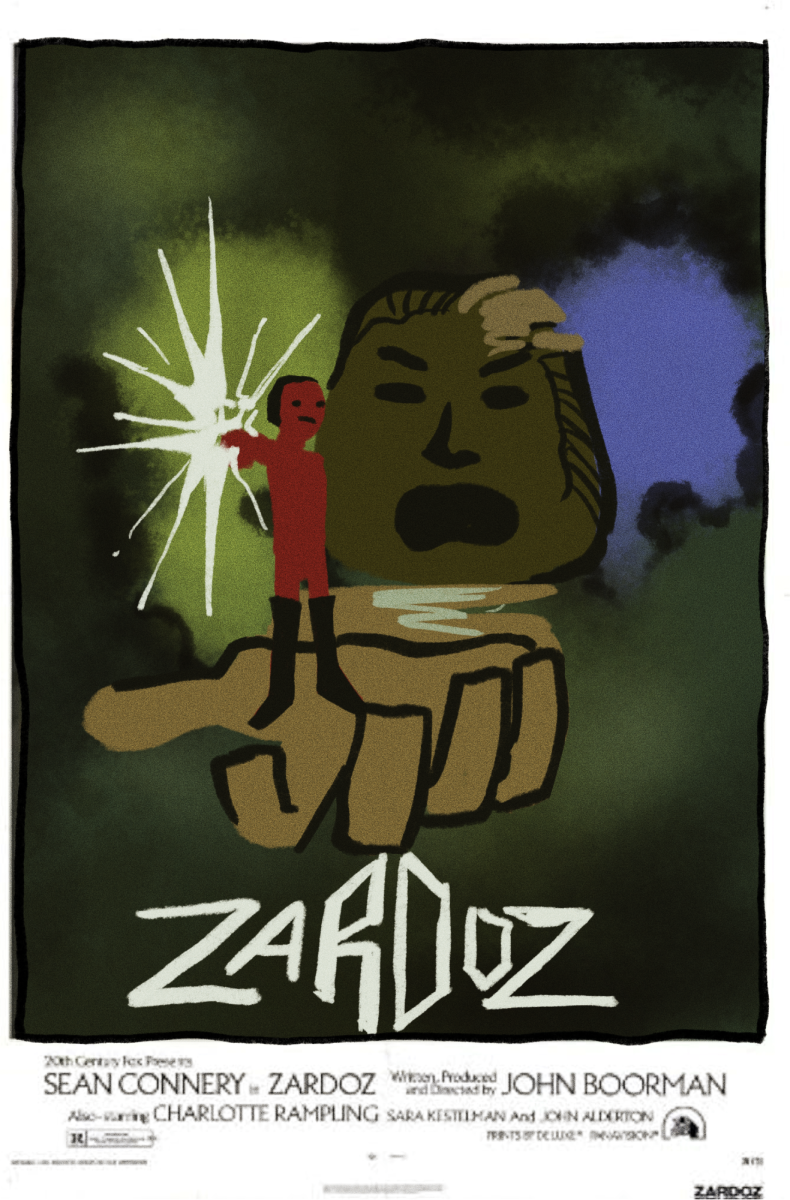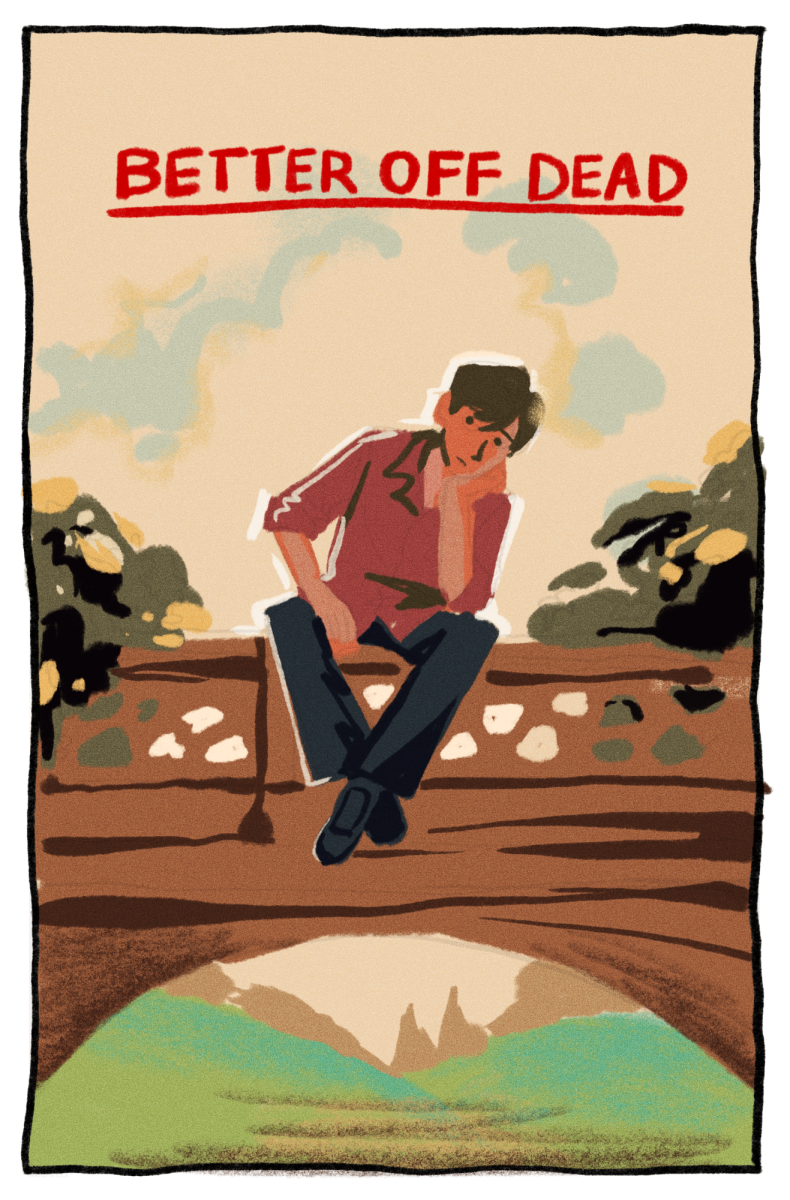The Pawscars: Northwood teachers talk their favorite movies

Movies have always been an integral part of life for Film Studies teacher Vernon Brock. From majoring in film to working at Paramount Studios, Brock knows a lot about the technical and thematic elements of a quality film and what makes a film truly special. For Brock, the original “Star Wars,” released in 1977, is that special film. He has grown to love it more and more over the years, and is always excited whenever it comes on because of how inspiring and imaginative it is.
“I have every edition of that movie,” Brock said. “I even have a bootleg copy of the original edit, the one that was originally released in theaters. You can’t find that anywhere, but I have that copy.”
However, the film that Brock considers to be the greatest of all time, and more significant than any other movie that he personally enjoys or teaches, is “Schindler’s List.” Although the score, cinematography and acting allow it to stand out as a pinnacle of cinema, the film’s overall message and warnings to society and government affirm Brock’s belief that it truly is the greatest movie ever created.
“It’s the greatest because it’s about the horrors of what happens to people when they’re so corrupt that they’re able to convince people to kill just for the sake of power,” Brock said. “We should all remember that lesson.”
There are few film enthusiasts who enjoy a variety of movies as wide as Film Studies teacher Cameron Wroe; he has no set favorite movie as it depends on how he’s feeling and what he wants to watch at a specific time.
“Maybe I’ll be in a philosophical mood or in a mood that’s really difficult and I’ll have to work on,” Wroe said. “Sometimes I’ll want a stupid action movie that I don’t want to think a lot about.”
However, Wroe finds himself often coming back to ‘60s and ‘70s Cantonese cinema. Introduced to the style by his Chinese friends in high school, Wroe has since found enjoyment in watching comedy action movies by Steven Chao or the Shaw Brothers. Despite their corniness, Wroe considers them to be an integral part to the history of Chinese and action cinema.
Wroe also particularly enjoys movies that he has to think deeply about, especially movies that are underappreciated or disliked, as it forces him to analyze the film’s themes on an individual level. One of his favorites is the 1974 film “Zardoz.”
“This movie helped me to understand films a bit more,” Wroe said, “I didn’t know what was going on at first, so I kept coming back to it. That was the first movie that I got to understand and put the pieces together.”
Video Production teacher Steve Sellwood is vocal about his love for his favorite film of all time, the low-budget 80s comedy “Better Off Dead.” The movie’s subtle humor and relatable themes of breakups and love resonated with Sellwood during his teenage years, and he still watches it at least once a year to this day.
Sellwood also enjoys feel-good movies and action comedies. Films such as the “Blues Brothers” and the original “Star Wars” trilogy stood out to Sellwood for their dynamics between good and evil and heroes overcoming oppression or villainy.
“I enjoy a lot of movies,” Sellwood said. “Movies are entertainment. I’m a guy who likes happy endings, so if it’s the feel good movie of the year, I’m probably watchin’ it!”
As a video production teacher, Sellwood also has a lot of knowledge about the technical aspects of making a good film. His notable examples included the water scenes in “Jaws,” as the film crew had to develop completely new ways to film in the ocean, and early computer graphics in “Star Wars” and “Labyrinth” released in 1986.
“Those types of technological advances pushed the boundaries to try and make something that people had never seen,” Sellwood said. “Nobody had ever seen effects like that. Nowadays, in all of the action films, they create whole worlds that look real. It’s pretty impressive.”





